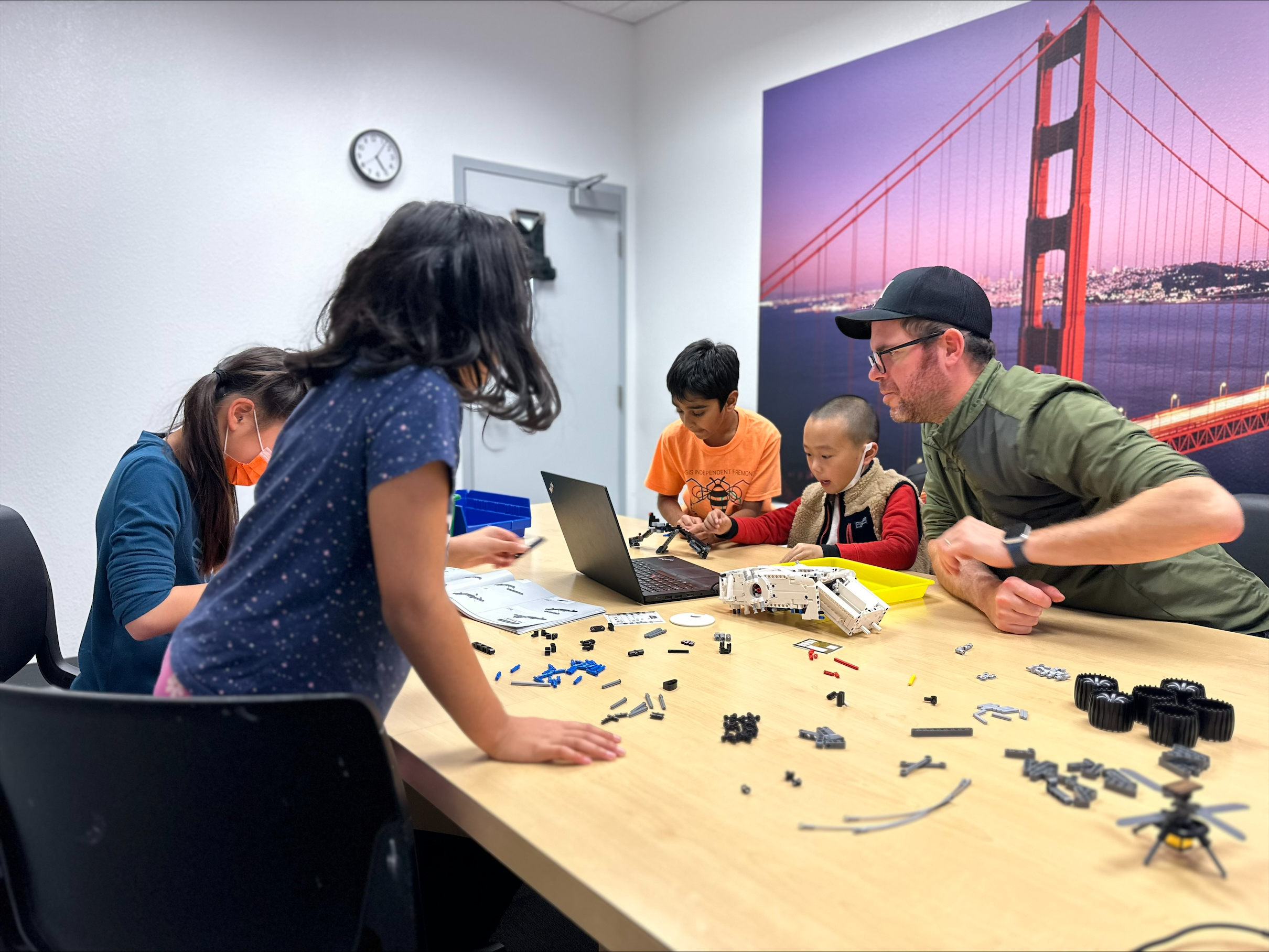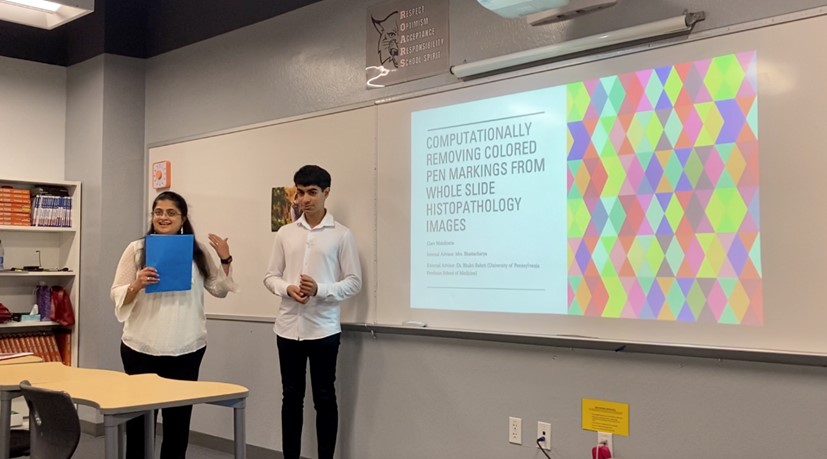Join us as we celebrate the two-year anniversary of NASA's Perseverance Rover landing on Mars with a special science session at BASIS Independent Fremont Lower School. Dive into a day of discovery, teamwork triumphs, and the value of STEM education, igniting curiosity and inspiring the next generation of scientists and engineers.

In a testament to the flourishing Humanities Program at BASIS Independent Fremont, several students have recently achieved the remarkable feat of becoming published authors. This week, we had the privilege...
International Day at our BASIS Independent Fremont Lower School is an inspiring and vibrant celebration attended by over 800 enthusiastic students, staff, and family members. This special event brought together...
Passion, Perseverance, and the Intersection of Biomedical Research & Computer Science: Meet the Winner of the 2023 Fellows Scholarship for Excellence in Senior Projects! The leaves are falling, the air...
This month, BASIS Independent Fremont’s youngest learners eagerly anticipated one of their first social events of the school year — the annual TK/K Fall Social. Student socials, sprinkled throughout the...
We are overjoyed to welcome you to our campuses for our in-person Open Houses this October! This event is a great way to learn more about our program before or after submitting...
BASIS Independent Fremont’s Primary School is a magical place in a child’s life. It’s a place where young minds start to blossom, friendships are forged, and a love for learning begins to take root....
At BASIS Independent Fremont, we seek applicants who have an interest in learning at an international level, a desire to make a contribution, a willingness to work hard, with an...
The National Merit Scholarship Corporation (NMSC) announced the Semifinalists in the 69th annual National Merit Scholarship Program and nearly 60% of BASIS Independent Schools Class of 2024 have been recognized...
Every admissions season we field hundreds of questions about the admissions process, our program, the transition, student life, electives, extracurriculars, and so much more! While we are happy to speak...










